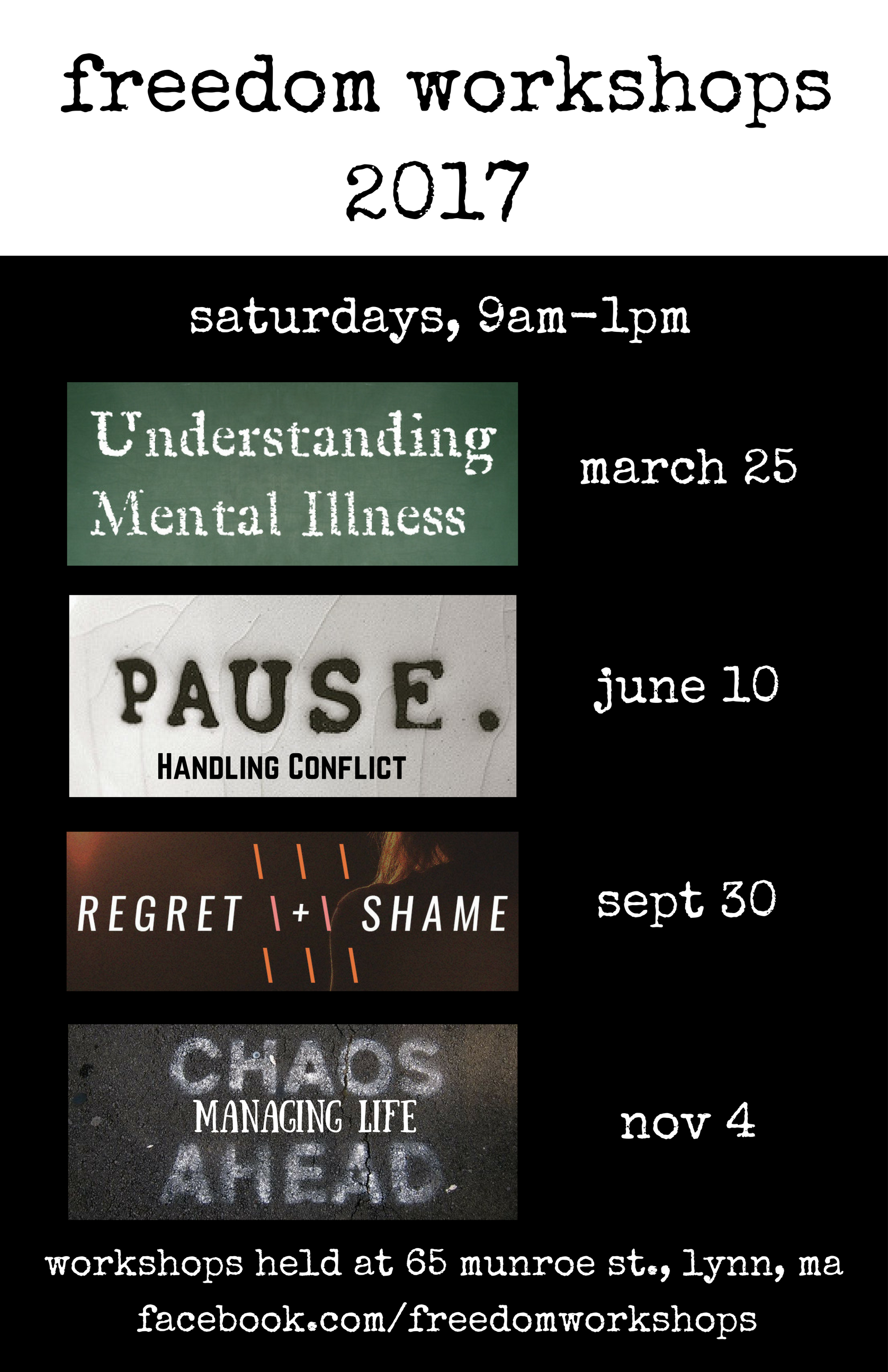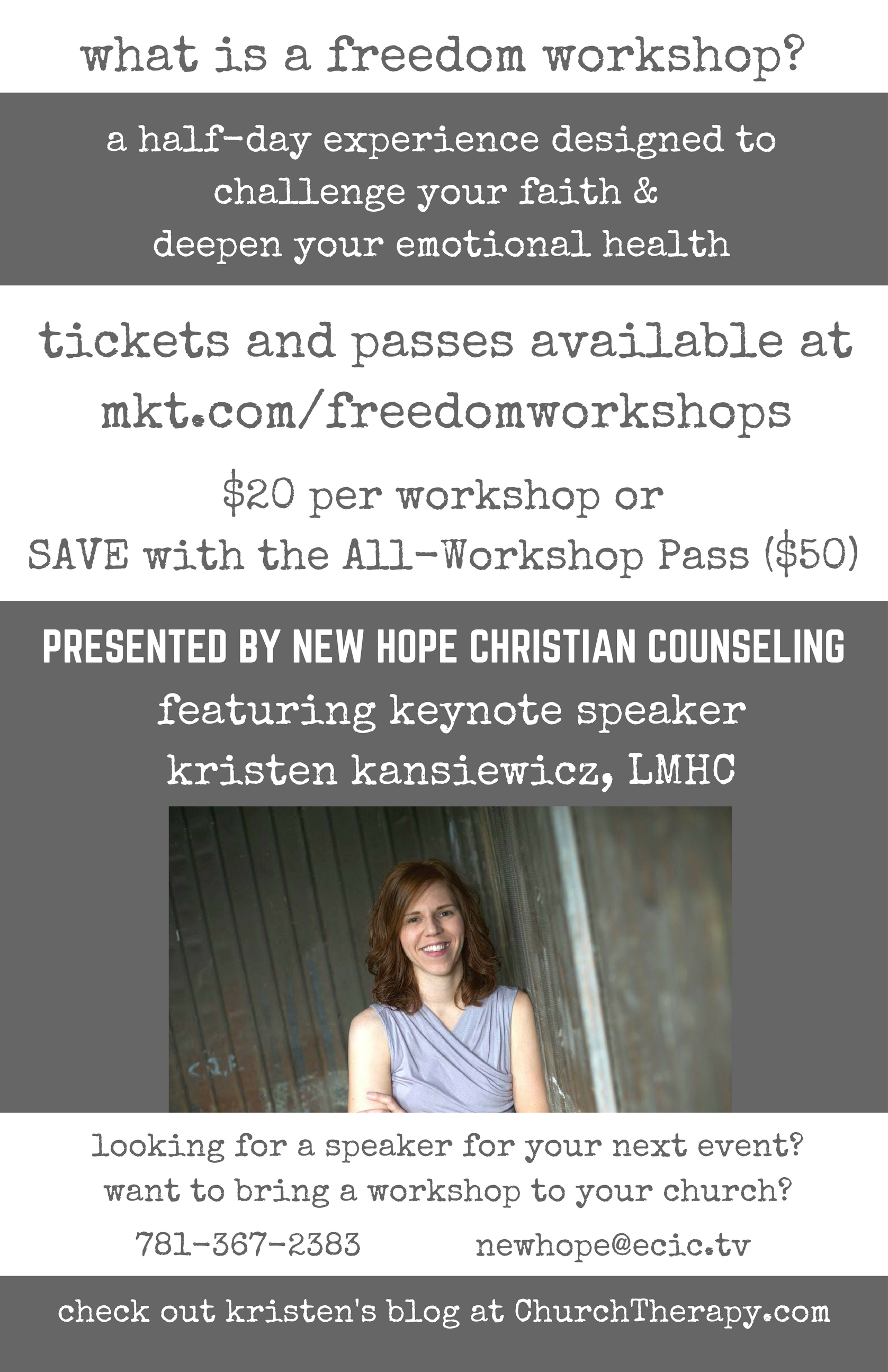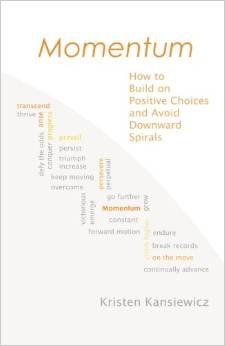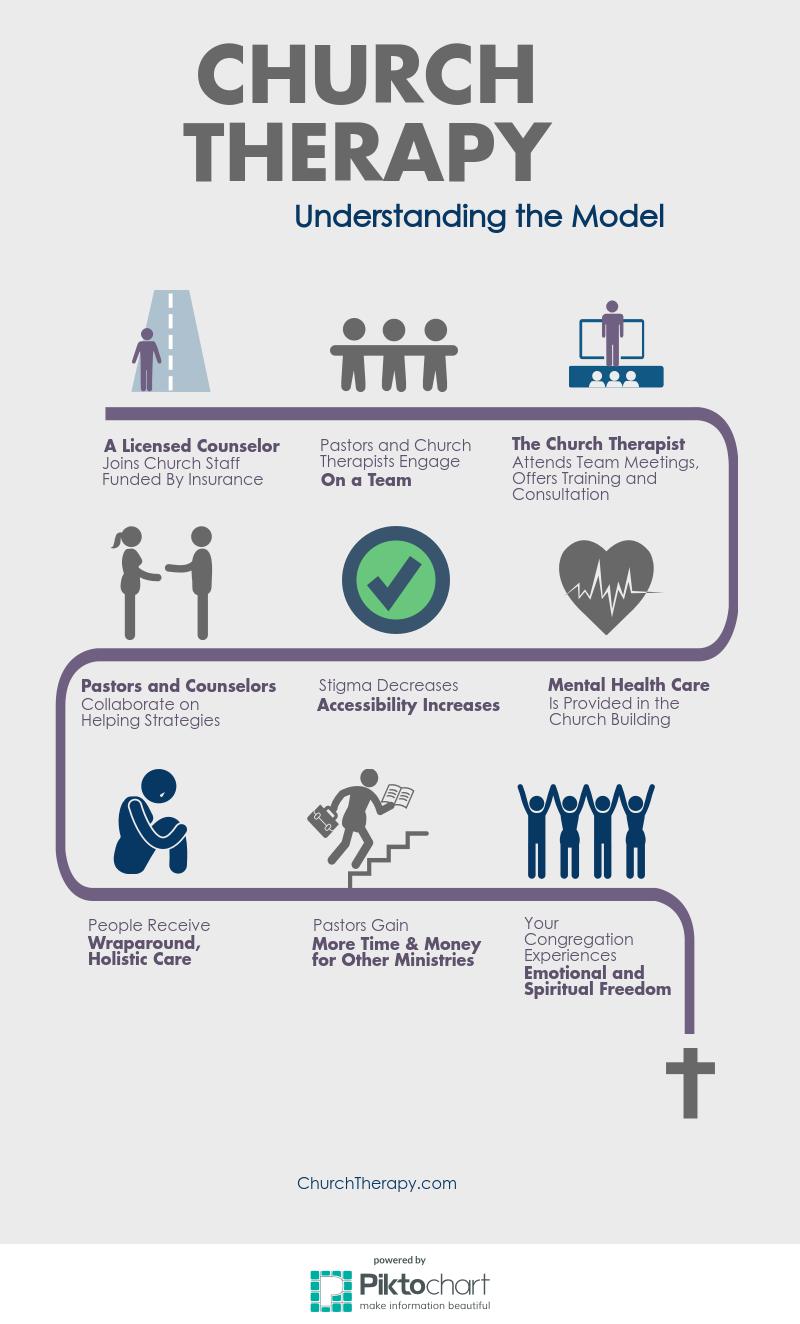We live in an increasingly volatile world, and the current political climate has stirred debate in multiple sectors. As Christians, we have an ethical responsibility to engage with social issues as they fundamentally relate to how we engage with the world. The age old question, “But who is my neighbor?” is poignant right now as we wrestle with whose interests to protect most.
If you follow me on Twitter, you will see that I have taken a stand to defend the cause of the refugee after the entire refugee program was suspended for 120 days. I specifically chose to speak loudly on this issue because of my calling to advocate for and defend the marginalized. The global refugee crisis is a mental health crisis, as trauma significantly impacts those fleeing from war-torn countries.

When we rise up to defend the marginalized, it is helpful not to lose ourselves in the process and become antagonistic or even hateful in our approach. Here are some of my personal guidelines for engaging in advocacy:
Humanize Rather Than Hype
When a hot-button issue rises in the media, it is easy to get pulled into the hype. Too often we get sloppy and we forget to do our homework (remember primary sources, not secondary sources??). We have to make sure we have our facts in order. But even more than that, we need a human connection. Have you ever met a refugee? Have you developed a relationship with a homeless person? Are you serving the poor in your community? Are there any poor people in your community? What are their names? Have you listened to their stories?
When we surround ourselves with others who look and sound just like us, we can become comfortable and complacent. There have been refugees struggling around the world for a lot longer than the past week. Were we up in arms about their plight then? Every day marginalized people suffer, and the only way to humanize the issues that face us is to know the people for whom we advocate. In my city, refugees have faces and names. Far beyond an issue, this week has reminded me of the couple from Sudan that I knew for a while until they had to move (when their meager government support ran out and they could no longer afford their apartment). That couple knew English, were Christians, and did all they could to find work. Hardly a picture of a “drain” on the system that some like to proclaim. But they were traumatized, deeply in conflict with each other after all they had been through and they could not find a way to make ends meet. And when I tweet about refugees, it is for them and so many like them, regardless of country of origin or religious affiliation.
Be Meek But Not Weak
Humility is hard to come by in our culture, since it is a trait devalued by Americans. Being meek means that you maintain a constant awareness that you are no better than anyone else. But that does not mean we are weak when it comes to advocating for others. In fact, when we set aside our own personal interests in order to take up the cause of another, it is one of the most meek and loving things we could do.
The dictionary on BibleGateway.com defines meekness as, “An attitude of humble, submissive and expectant trust in God, and a loving, patient and gentle attitude towards others.” When we defend the marginalized, we must demonstrate humility, submit ourselves first and foremost to God, have expectant trust in God and be loving, patient and gentle to those who disagree with us. If we merely like to hear ourselves talk, then by all means let’s gather a group of people who already agree with us and have at it with the issues. But if we want to effect change, then in humility, love and boldness we must engage with those who have strong opinions on the other side. Even if we do not convince them, we will create change simply through the counter-cultural way we choose to behave.
Think Globally, Love Locally
In the age of the Internet, everyone on the planet is our neighbor. Christians must consider the global impact of our actions and beliefs individually and as a nation. We confuse the world when we say we are (or want to be) a Christian nation and then engage in preemptive war or close our doors in senseless fear. So we must think about our global impact. We must also remember that the Church is a global Church, and we stand as one body and one bride of Christ. We would do well to listen to Christians around the world rather than to American public policy.
As we think globally, possibly the most influential thing we can do is to love locally. Look around your neighborhood. Who needs the love of Christ today? Who needs to be served without strings attached? Who are the marginalized in your community? Find them. Get to know them. Love them. Relationships dispel fear because we become familiar with someone else’s context. We learn to trust the unfamiliar. We discover the beauty that others bring to the world. Instead of random acts of kindness, build intentional and purposeful relationships that last far longer than a passing smile. Random acts of kindness make you feel good, but they do little to actually help those who are truly in need. Who can you love unconditionally and humbly today? Whose story can you hear and whose life is so different from your own that it takes intentional work to connect? May the Church rise up in love to ignite a supernatural change around the world.











